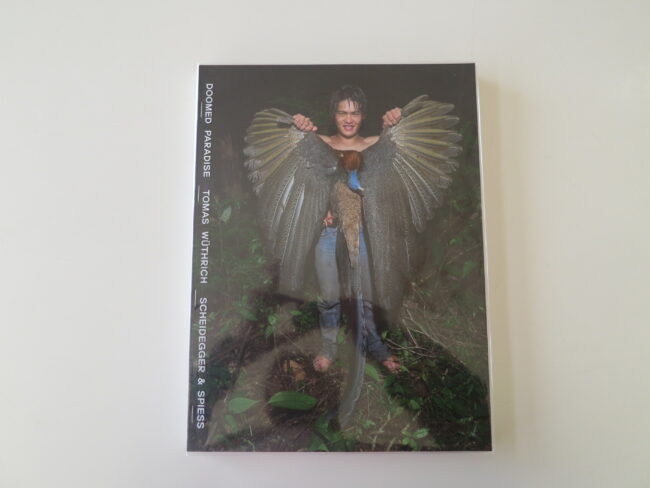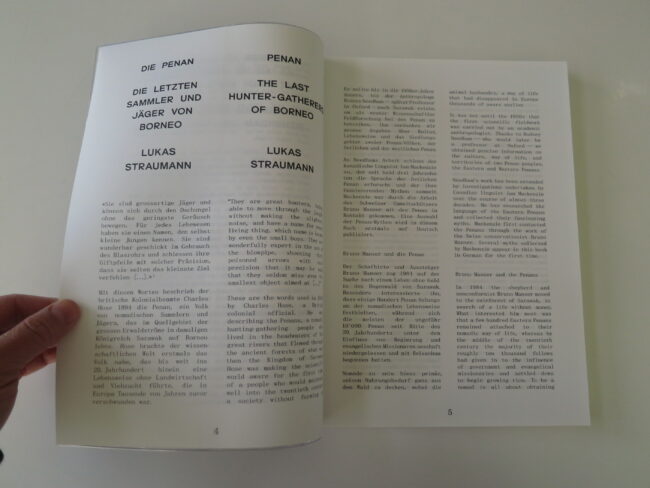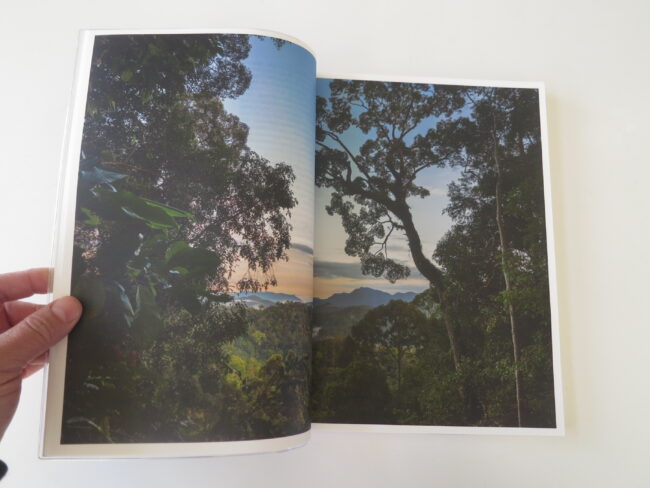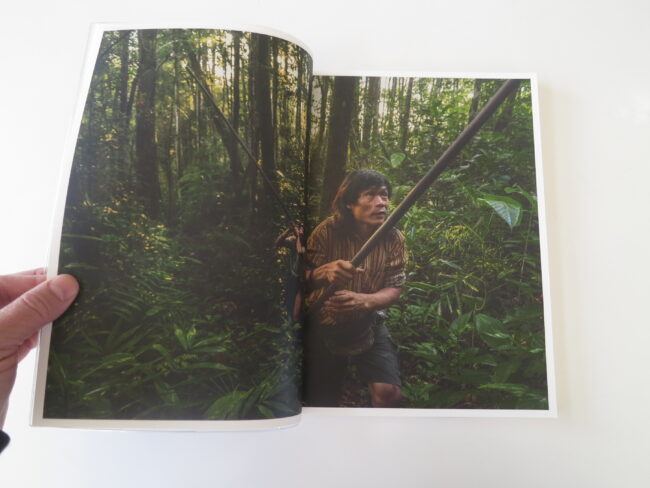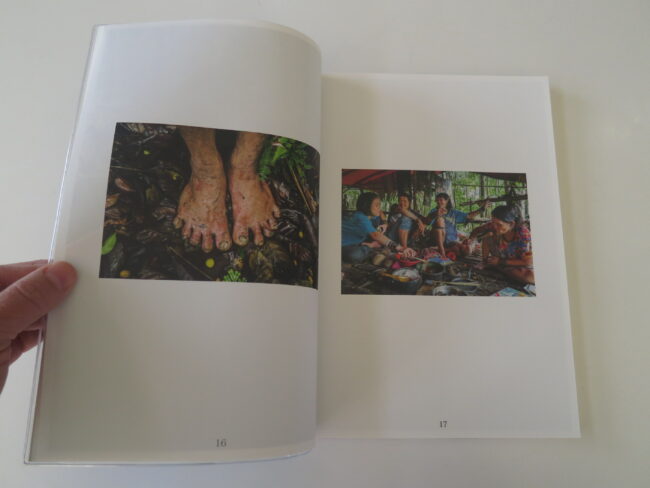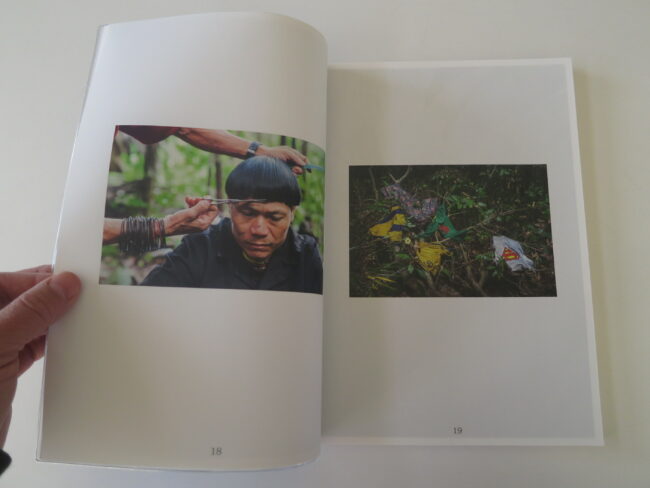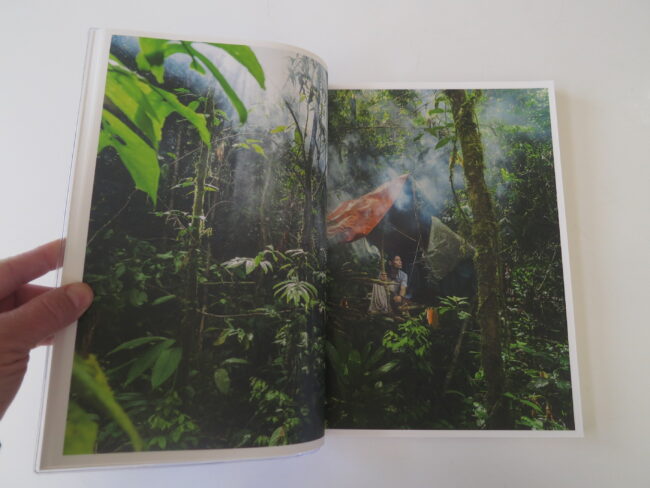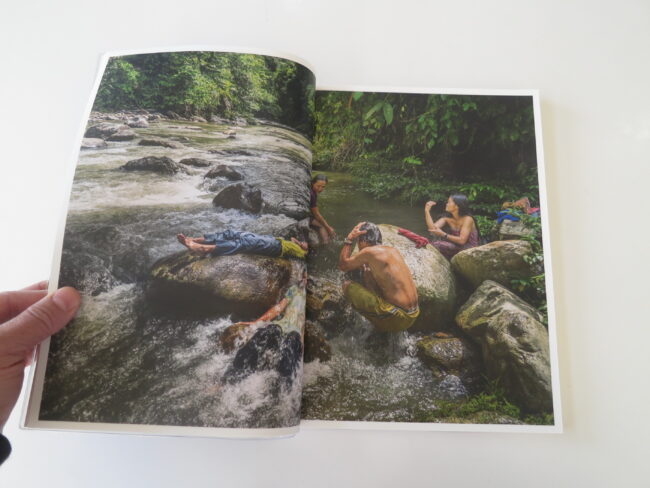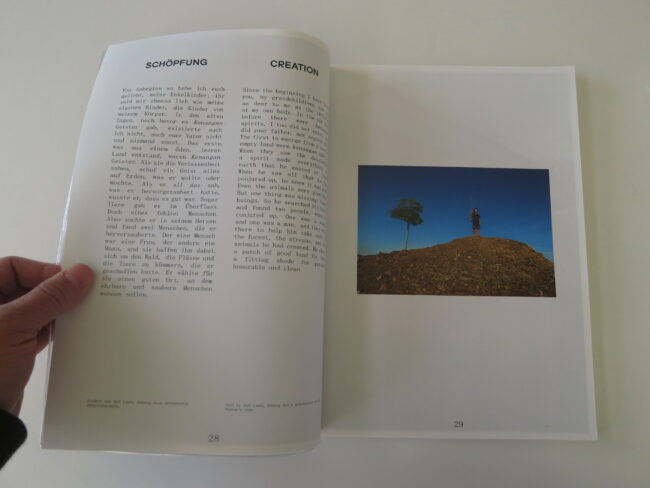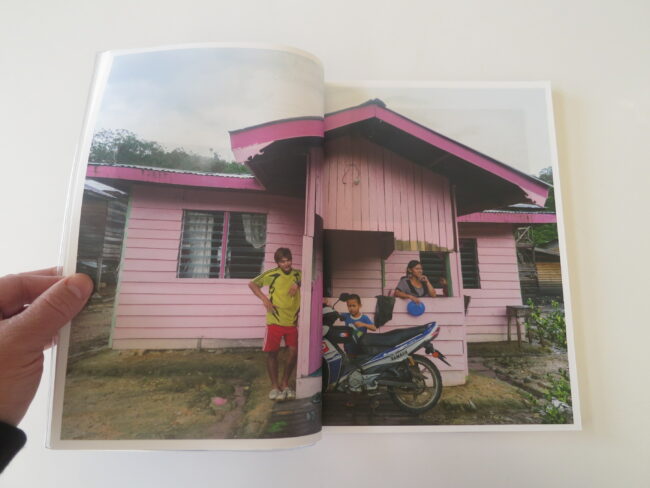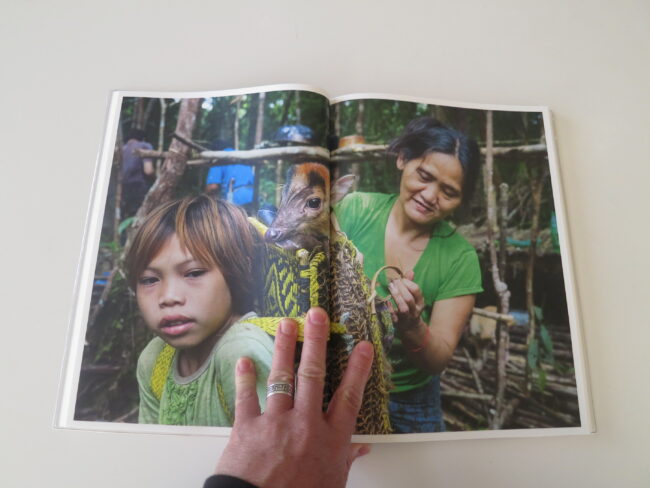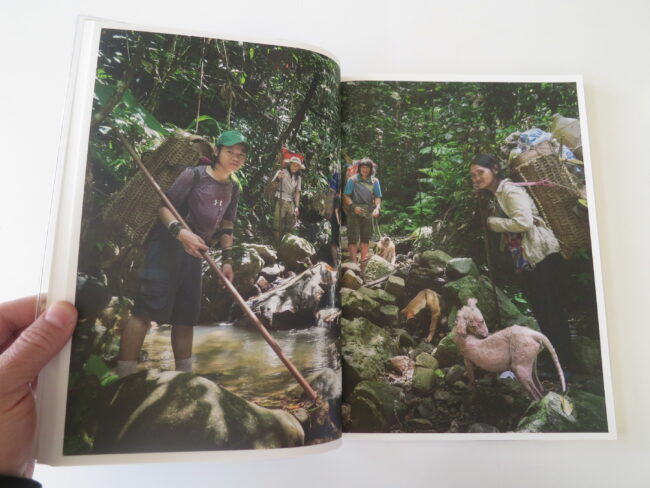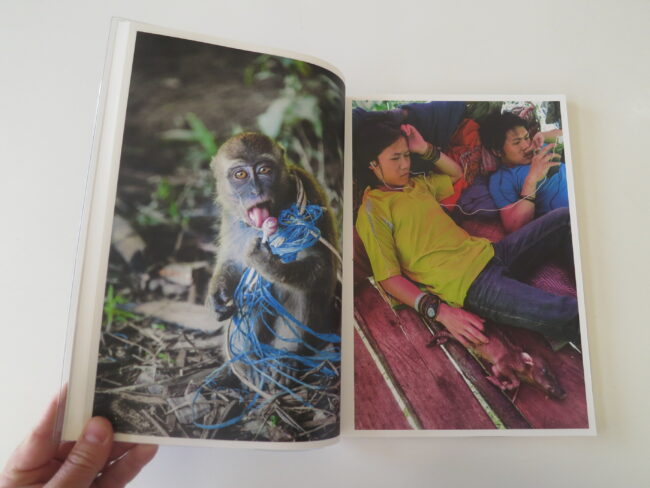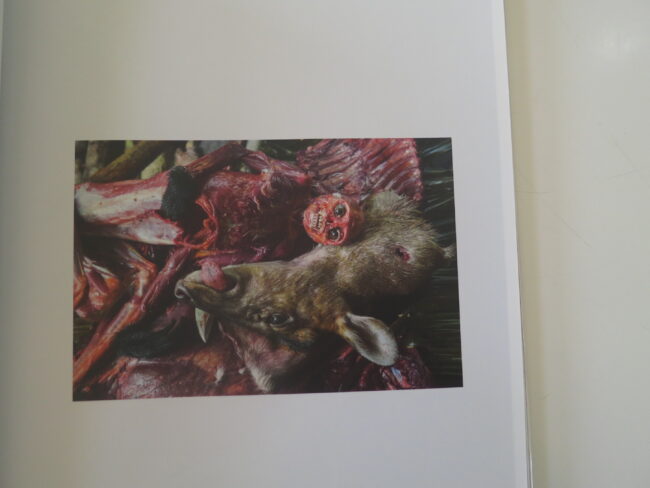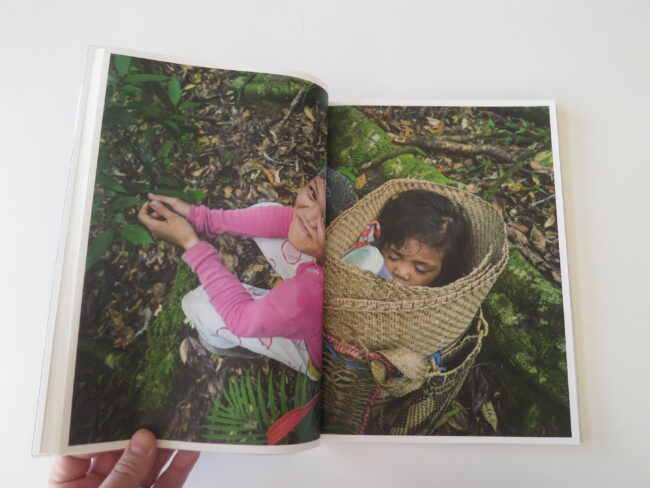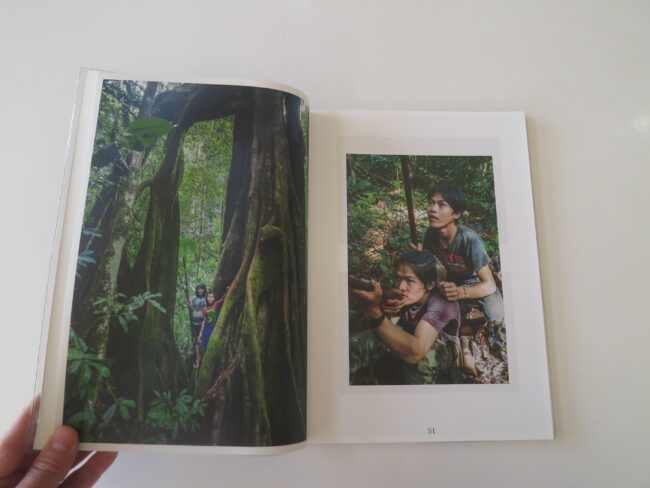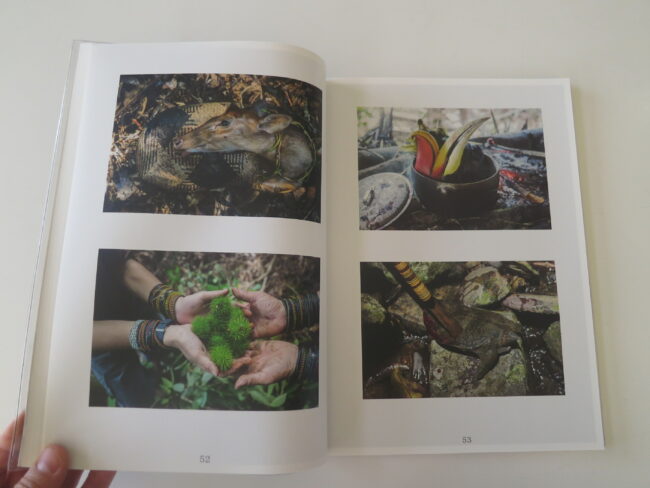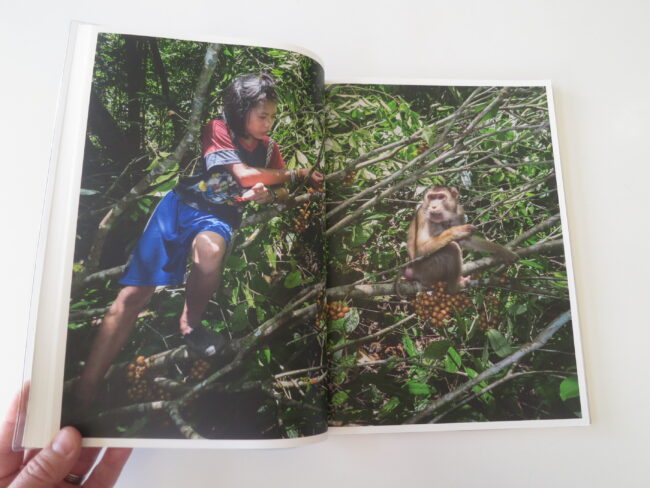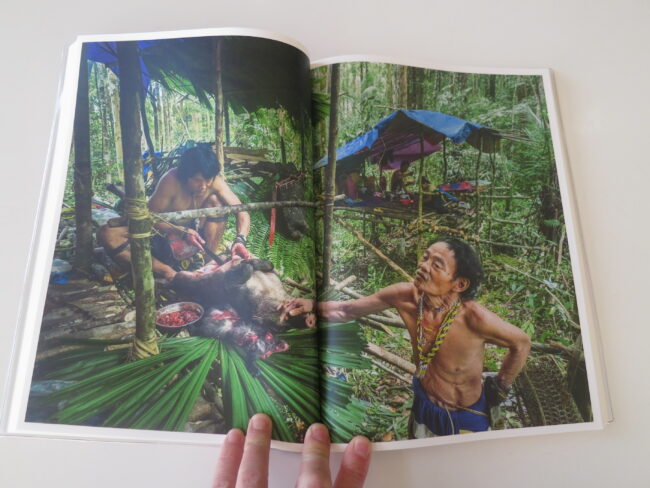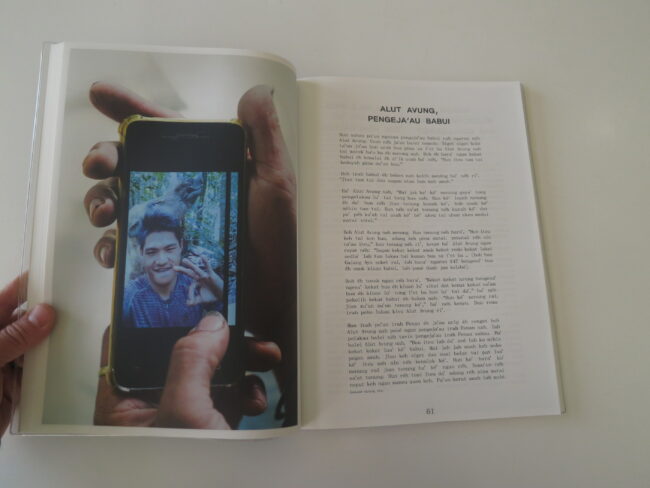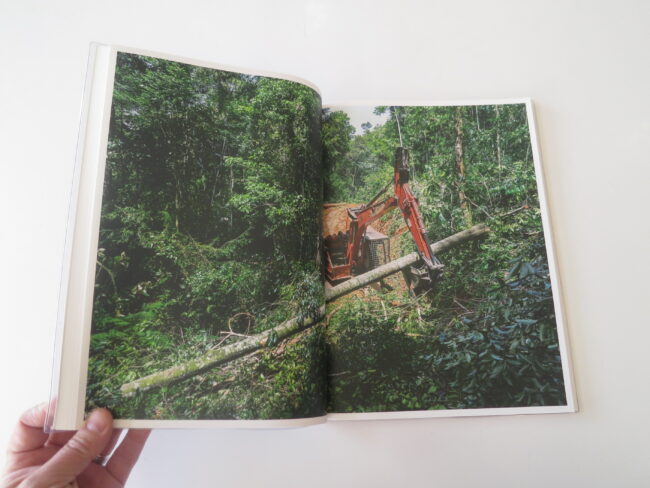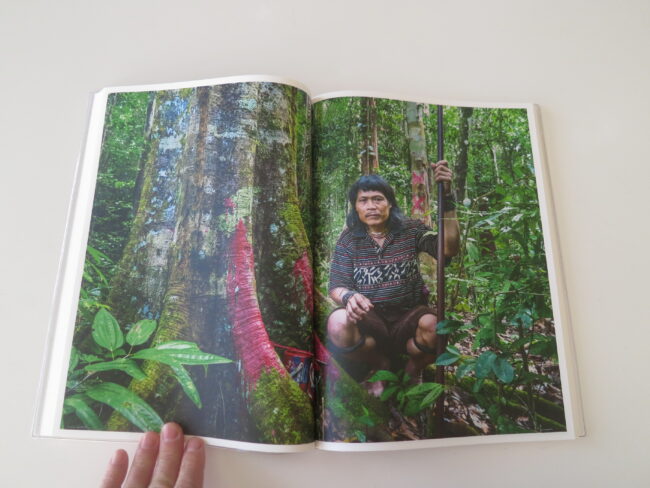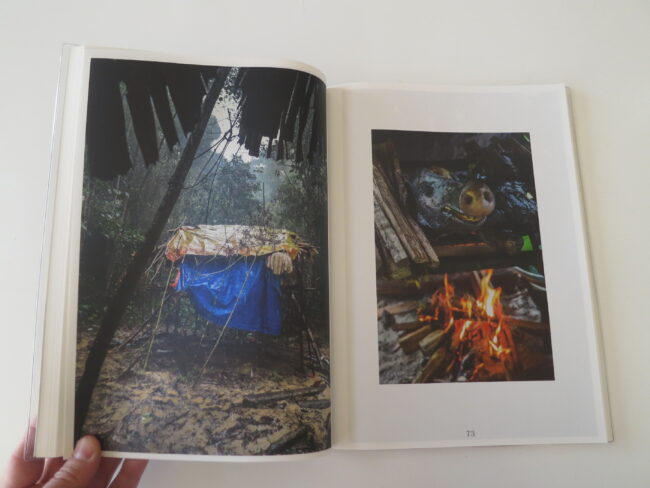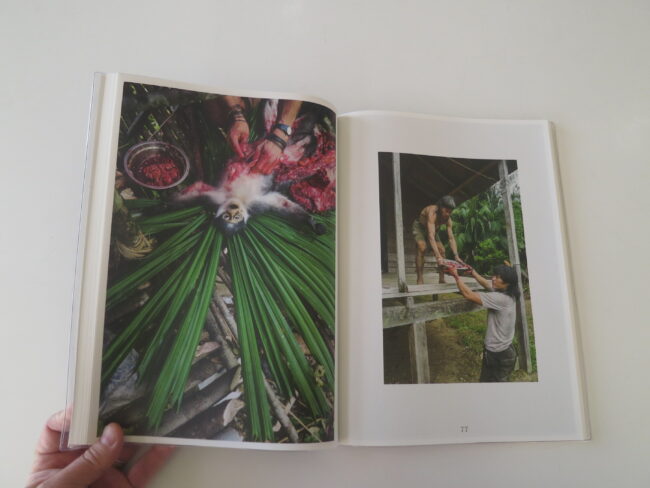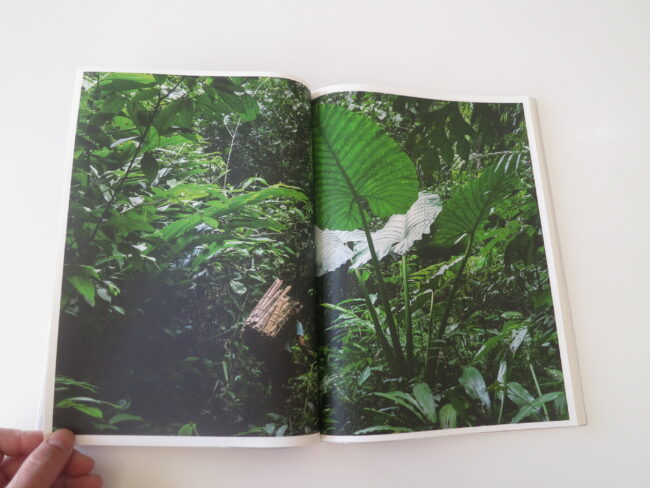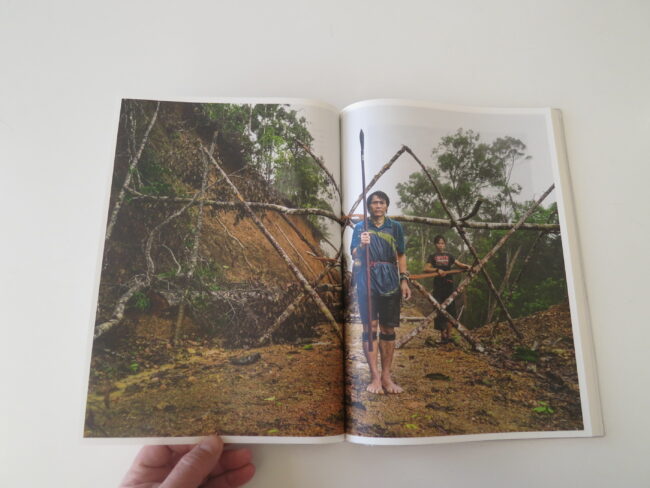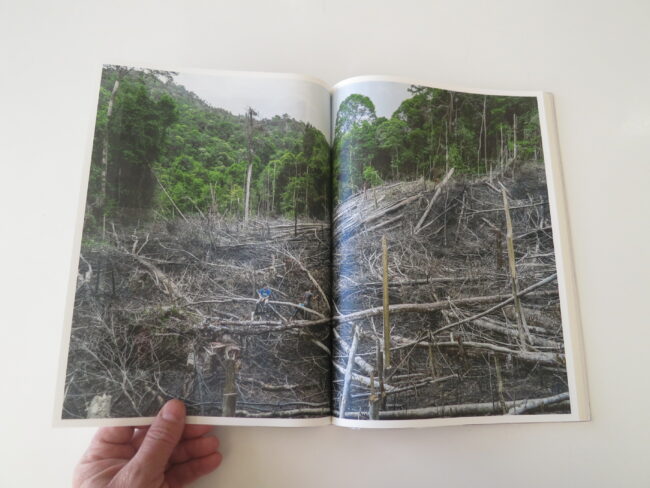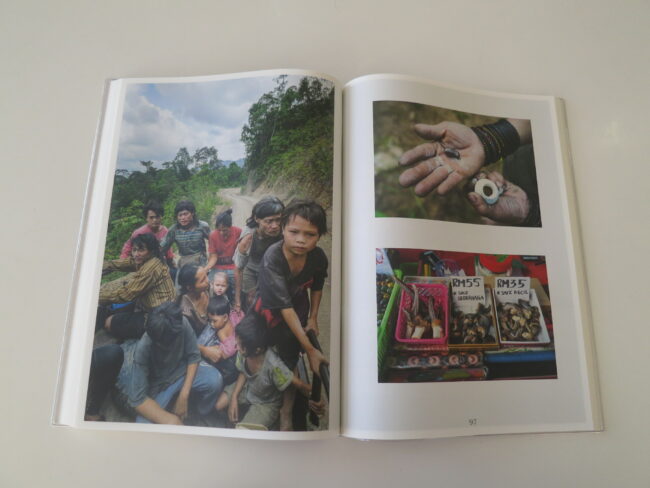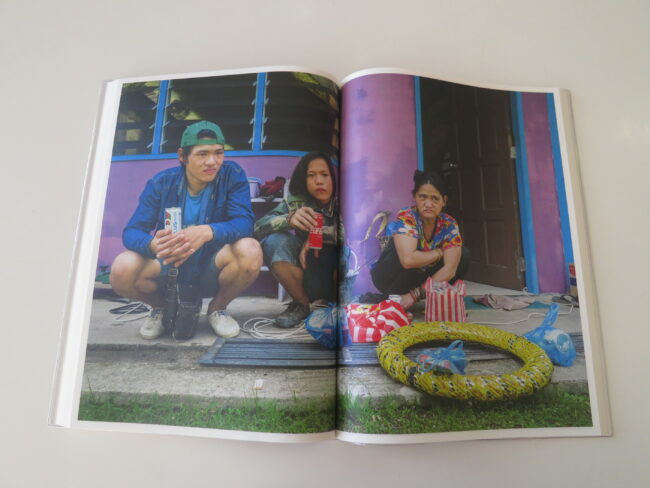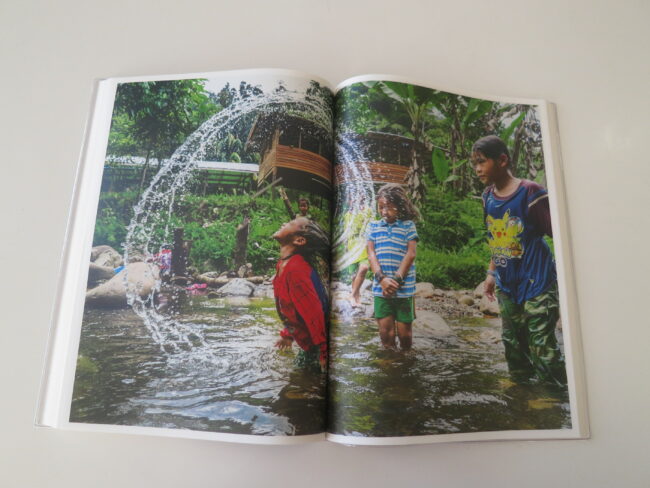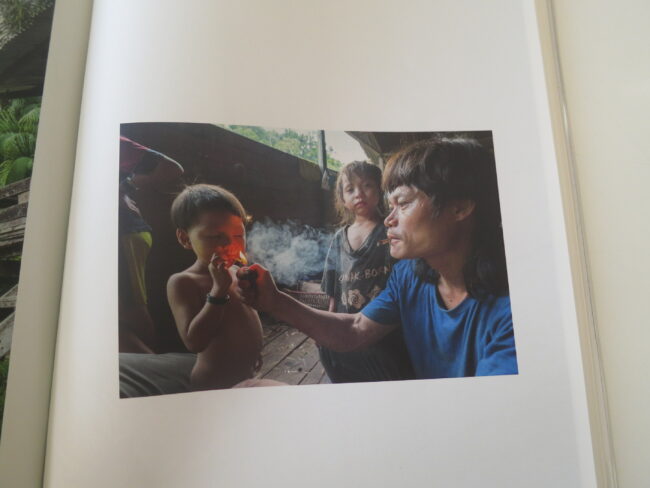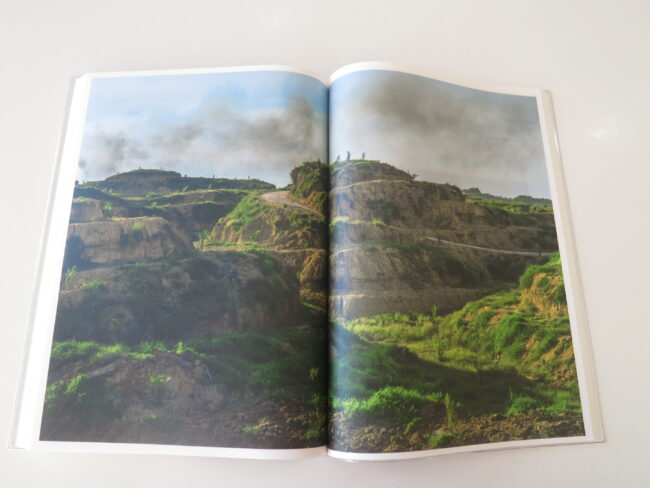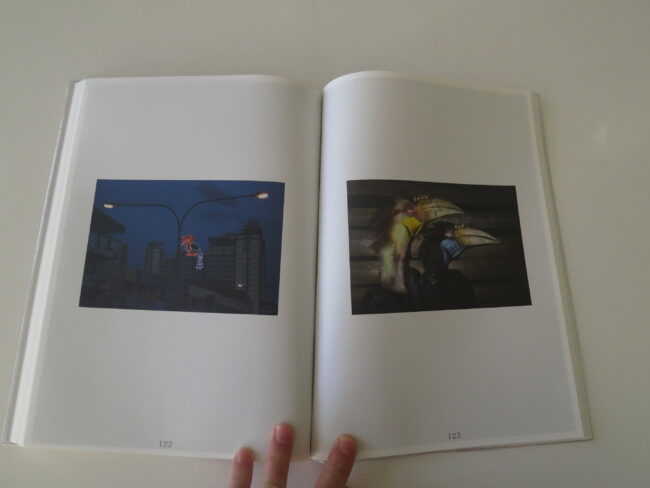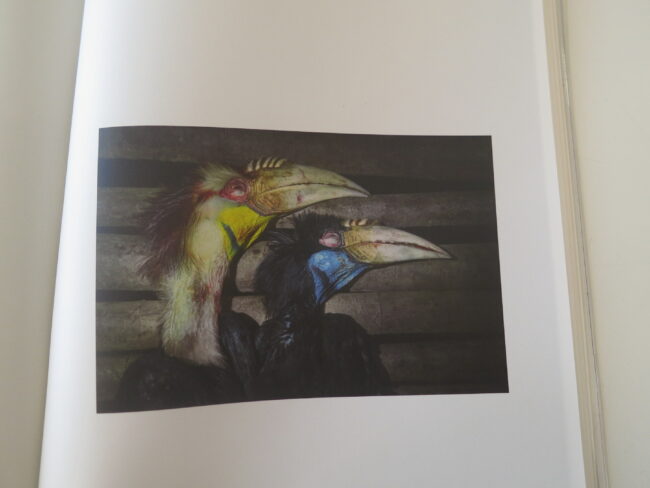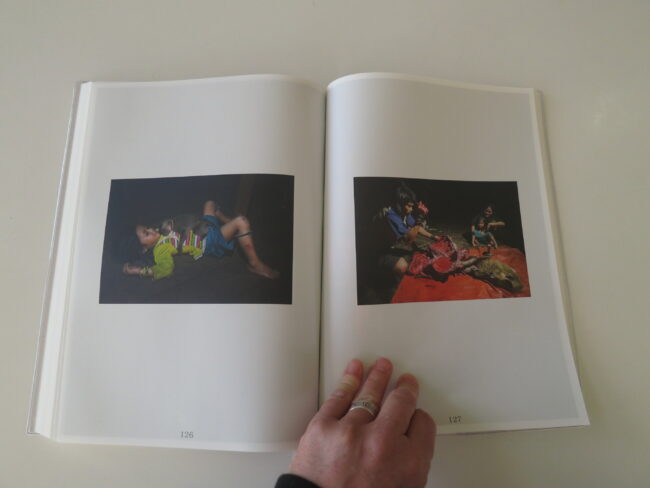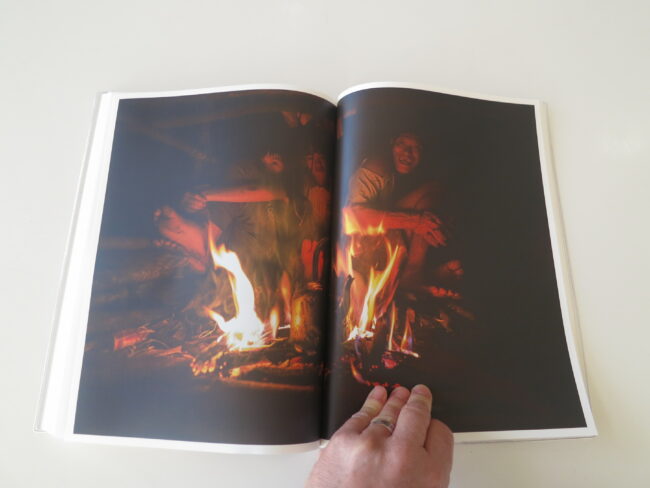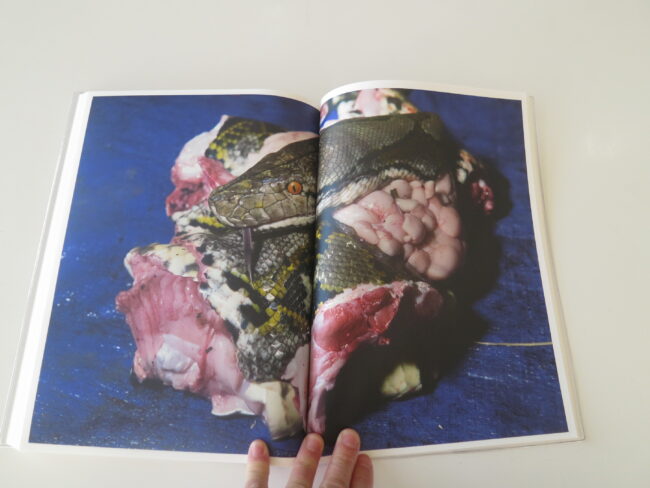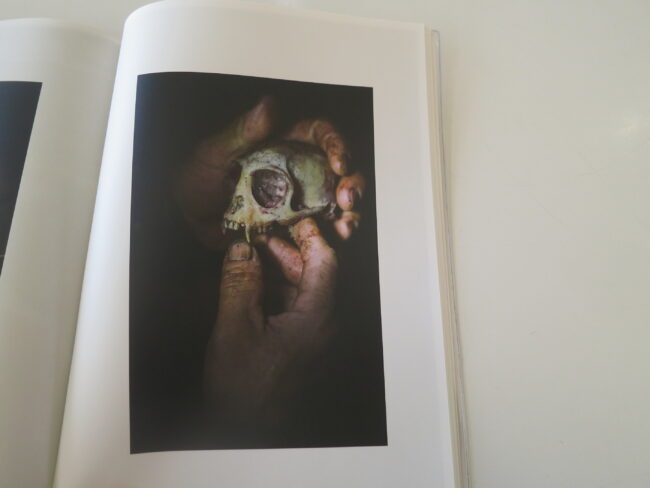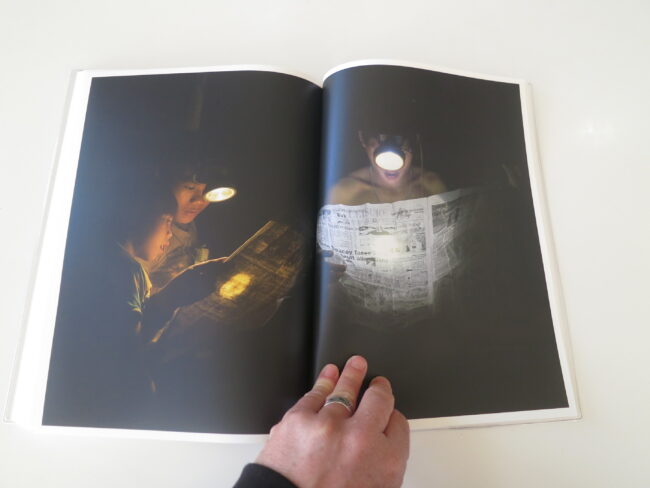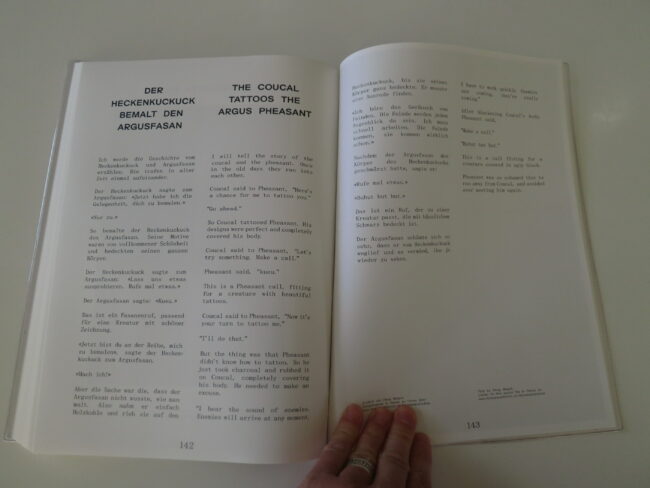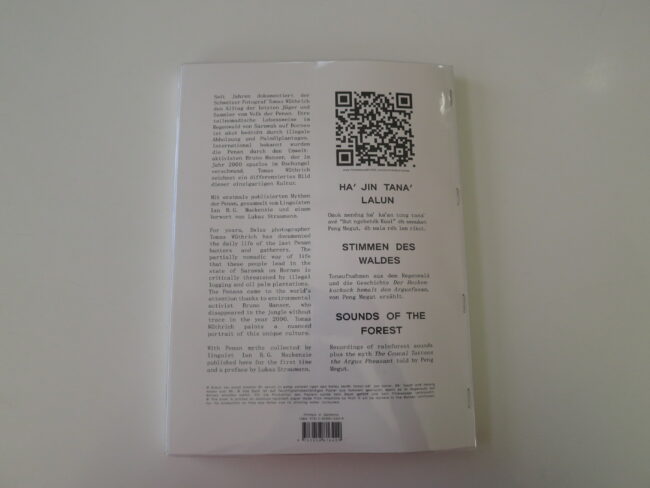
I looked at my daughter.
“You shouldn’t see the monkey face,” I said.
“No?” she replied, questioning the finality of it all?
“No, you shouldn’t see the monkey face,” I repeated, more determined, and that was the end of it.
It began, as many meta-stories likely do, with a desire to clear one’s head.
To go for a walk.
It was Thursday morning, getting late, and I had to write this column.
I was dragging, though, so I figured a walk might be just the thing to shake up my thoughts.
Get the blood pumping.
I’d just taken a look at a bonkers book, (one I mentioned picking up last week,) and knew I’d have to write, but sometimes the exercise jars loose a good idea.
I told my daughter I was headed out, (briefly interrupting her Zoom school) and before I knew it, she was joining me, as her class had just ended.
As I may have written before, she likes to talk, my daughter, so there went the chance to quietly develop some ideas in solitude.
I offered her a compromise, where half the time I had quiet to think, and half the time, we chatted about her subject of choice, but she said “No, thanks.”
So I switched tactics. I’d make use of the conversation.
Especially when she gave me an opening.
“You know, normally I’d be in recess, probably, in our old life,” she said.
“Yeah, I replied, “humans are pretty adaptable, even a shift in lifestyle this radical, where we’ve mostly been home for the past 8 months. We just kind of got used to it.
Humans can lead very different lives, sometimes almost unimaginably so. Did you realize?” I asked.
“I guess,” she replied. “What do you mean?”
“Well,” I said, “what I want to talk about will be the subject of my column, and the things we say, I could include it. This, what we’re saying now, could be the opening of the article. Does that work for you?”
“Sure,” she said.
I told her that people did things differently across the planet, because of habit, wealth, laws, history, environment or opportunity.
And I thought I’d just seen a book that was about as different from our life here in Northern New Mexico as possible.
“I think it would blow your mind,” I said.
She gave me the side eye, clearly underwhelmed. Then she paused a moment, and said, “Go on.”
I told her about “Doomed Paradise,” a photo book by Tomas Wüthrich, published by Scheidegger & Spiess, that arrived in March, not long after lockdown began.
I told her about the Penan people, in the jungles of Borneo, on the other side of the world, and how the photographer spent time with the families in this culture, to observe and photograph their traditions.
Kind of like an anthropologist.
Or a spy.
“I’m listening,” she said.
Apparently, this group of indigenous people still lives in a partial hunter-gatherer society, and they catch and kill a lot of creatures in the wild.
Like, a lot of creatures.
Many of which were included in this book, including the one picture that I am pretty sure I won’t be able to unsee, even if I wanted to.
“We’re nicer to animals than they are,” she said. “We don’t do that.”
“No, maybe not,” I said, “but we buy meat, so we support an industry that kills lots of animals. It’s kind of the same.”
I got the side-eye again.
“And this book I was just looking at was filled with images of dead creatures. I saw the one photo that I know will stick with me. That I don’t think you want in your head. Because it was… a dead monkey… with its face skin torn off!
A skinned monkey face!”
“Dad!” She screamed. “Too intense!”
“Really,” I asked? “Too intense? But now you believe I can surprise you?”
“Yes,” she said.
We laughed. And I thanked her for helping me come up with the opening of this column.
I’ll show you the photo of the monkey face.
Or the other one, with the monkey being disemboweled.
Or the snake wrapped up with its own guts.
In fairness, there is plenty more that’s interesting here, beyond the animal parts.
Road blocks, to keep out logging companies, and creation and other religious mythologies that are shared in text form.
It’s all fascinating, for so many reasons.
Not to mention my oldest rule in book reviewing: can you show us something we haven’t seen before?
That definitely happens here.
Poor little monkey.
To purchase “Doomed Paradise” click here
If you’d like to submit a book for potential review, please contact me directly at jonathanblaustein@gmail.com. We are particularly interested in books by women, and artists of color, so we may maintain a balanced program.
